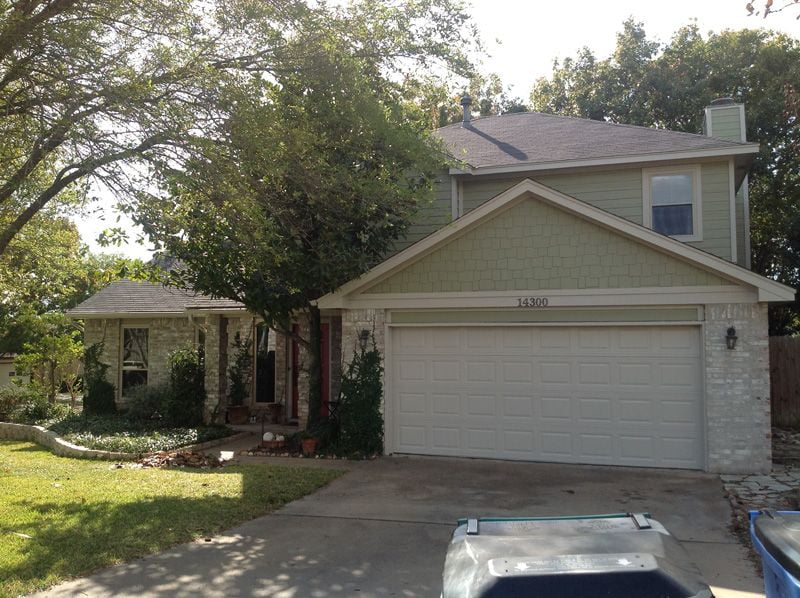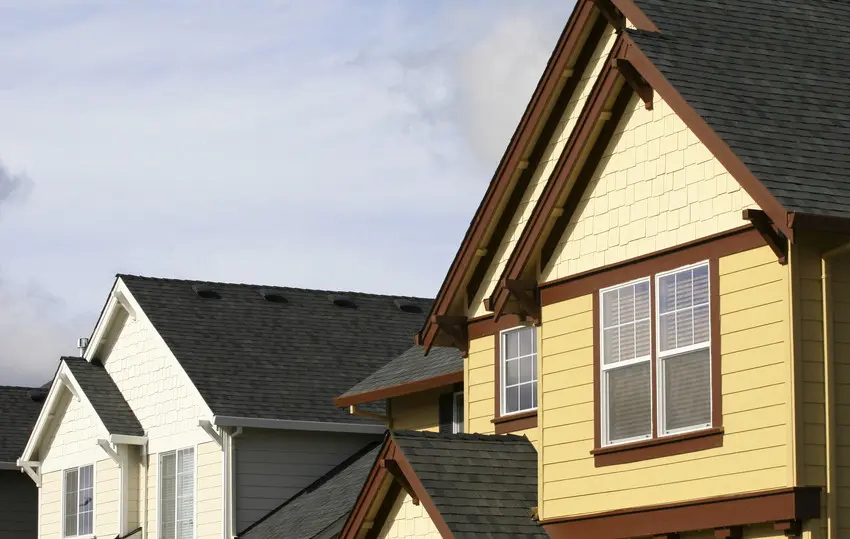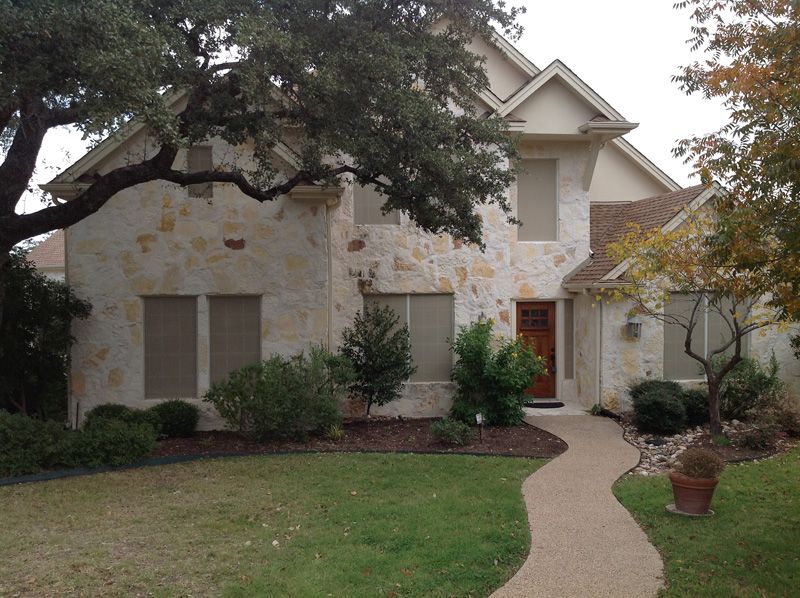When it comes to saving the penny on monthly/yearly utility bills, homeowners have an ostensibly endless list of options to consider. Modern kitchen appliances like dishwashers and refrigerators are much more efficient compared to classical items. Bathroom fixtures, on the other hand, have options like tankless water heaters and low-flow plumbing fittings, which all help optimize water usage. Well, those are some of the great ways to save on your bills, but wait a minute! What are you seeing on your bill? Is there any significant reduction? Perhaps yes, but not as you had expected.
The reason why your bill is still high is that you have not exhausted all the energy-efficient options and you might be skipping the option that will give you the most energy savings. As we all know, the cost of keeping your home warm during the winter or cool during the summer can be outrageously high. For those of us in Texas we realize that cooling our homes in the summer is just insane. This is because even the so-called energy-efficient air conditioning appliances will often consume tens of hundreds of electricity kilowatts. So, what is the best option to keep these bills down? It is none other than considering energy-efficient siding choices.
How does siding help a property to become more energy efficient?
If you are ready to cut down costs on energy usage, then siding is indeed the best option for your home. Besides the curb appeal and improving resale value, it does the amount of energy your property uses in a significant way. New siding does not ordinarily pay for itself as far as reduced energy costs are concerned, but it can often make a pretty big dent. The way in which this technique helps your home to be energy efficient is simple and straightforward!
#1. It drastically saves energy
A home’s siding is a vital line of defense against seasonal weather changes and extreme temperatures. Poorly insulated exteriors often lead to heat loss during the winter season and cooling loss during the summer. Siding has the ability to protect insulation, which helps maintain interior heat and temperatures for a longer time. On the other hand, during the summer, it reflects the sun’s rays, thereby cooling the interiors. The overall gain is that siding drastically reduces energy consumption and workload on heating and air conditioning systems.
#2. Improves R-values
When a homeowner introduces siding, it is considered as the best possible time to improve the R-value insulation of the entire property. R-value typically measures the energy efficiency of home appliances and building materials. The higher the values, the greater the efficiency. This is where homeowners get the biggest energy boom for their siding dollar. A siding with an R-value score of three to five coupled with decent exterior insulation will help reduce property energy bills.
What are some of the best types of siding for Texas?
There are different types of siding materials currently available in the market. If you know a couple of them, it becomes easier to determine the right one for your property. If you are living in Texas, here below are the best options:
#1. Vinyl
Vinyl siding is a popular choice in Texas (taking about 80% of the market share), widely known for its ability to mimic the look of different types of cladding including wood, slate, and stone. The cost-effective, durable, and eco-friendly product also withstands harsh weather conditions and it is a great choice for people who want to increase home energy efficiency as it can be easily paired with insulated siding.
#2. Fiber cement
Made of wood/cellulose fibers mixed with cement and sand, Fiber cement is thicker than any other siding option. t withstands extreme weather conditions and it is the best type if your home is situated in areas where they are termites. If you want an incombustible, water-resistant, long-lasting, and durable siding known for its quality, then fiber cement may be a perfect choice.
#3. Wood
This siding option is considered as a classic choice that most TX homeowners prefer. Wood siding is not preferred only for its excellent energy efficiency, but also because it offers better protection against harsh weather conditions (insulation), attractive exterior, and it is long-lasting. Regular maintenance checks with this siding involve caulking, repainting, and staining.
#4. Aluminum siding
This one has been around for long as you can remember. Although it is a popular choice among many homeowners, it suffers a few setbacks, notably dented or damaged easily. Due to this, it is often installed in commercial buildings (on the second floor or above) where the risk of dent or damage is minimal. Overall, it is a long-lasting option whose appearance can be improved by repainting.
There may be other siding options, but those explained above are popular choices.
Conclusion
Siding has an amazing impact on the look of your property, but it can also impact your monthly/yearly energy costs. This objective, however, can only be felt if you choose the right siding material. Your region, the style of the home, and the cost of the siding are some of the factors to consider when choosing the right option. Call us today and ask us which one is the best choice for your home!












